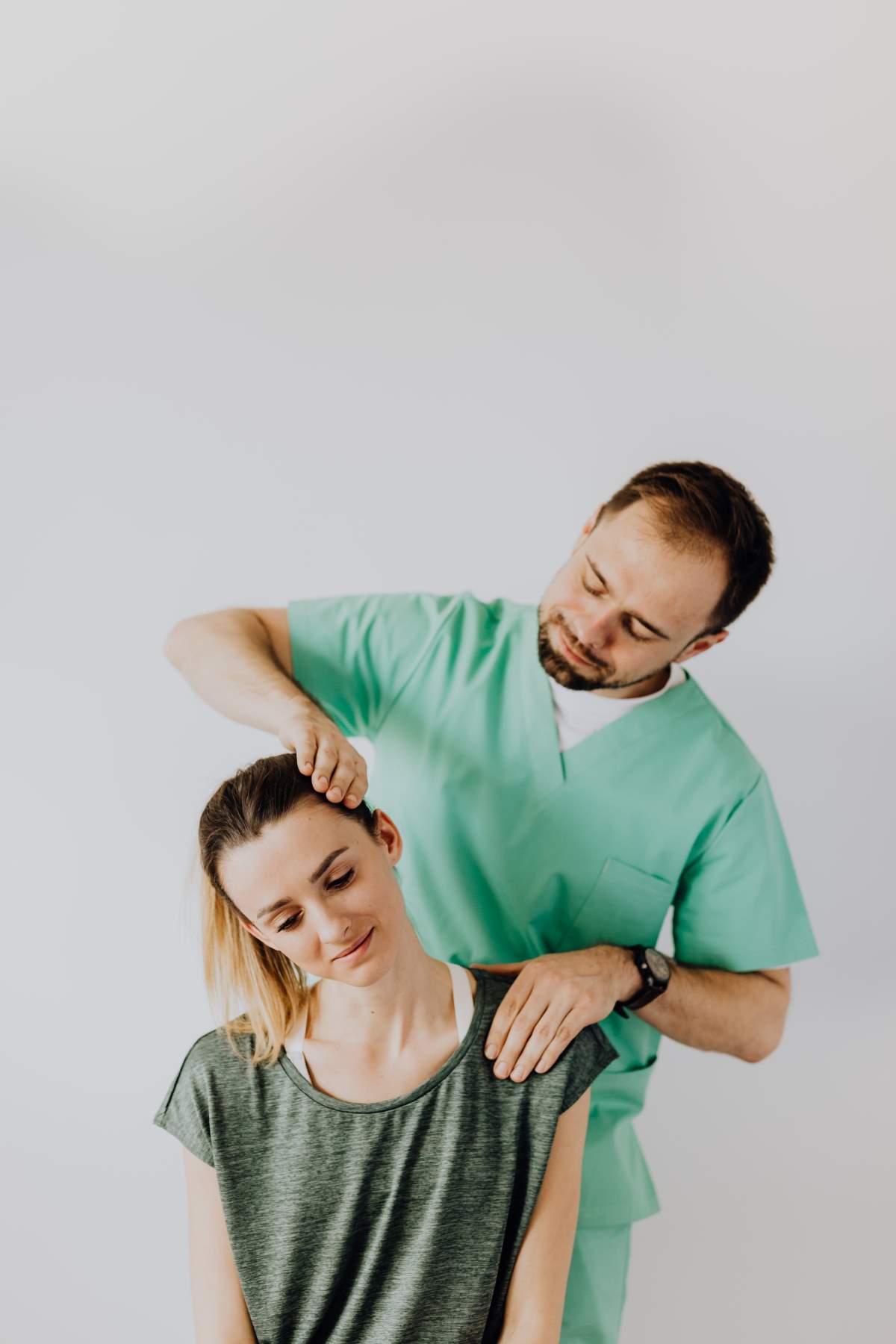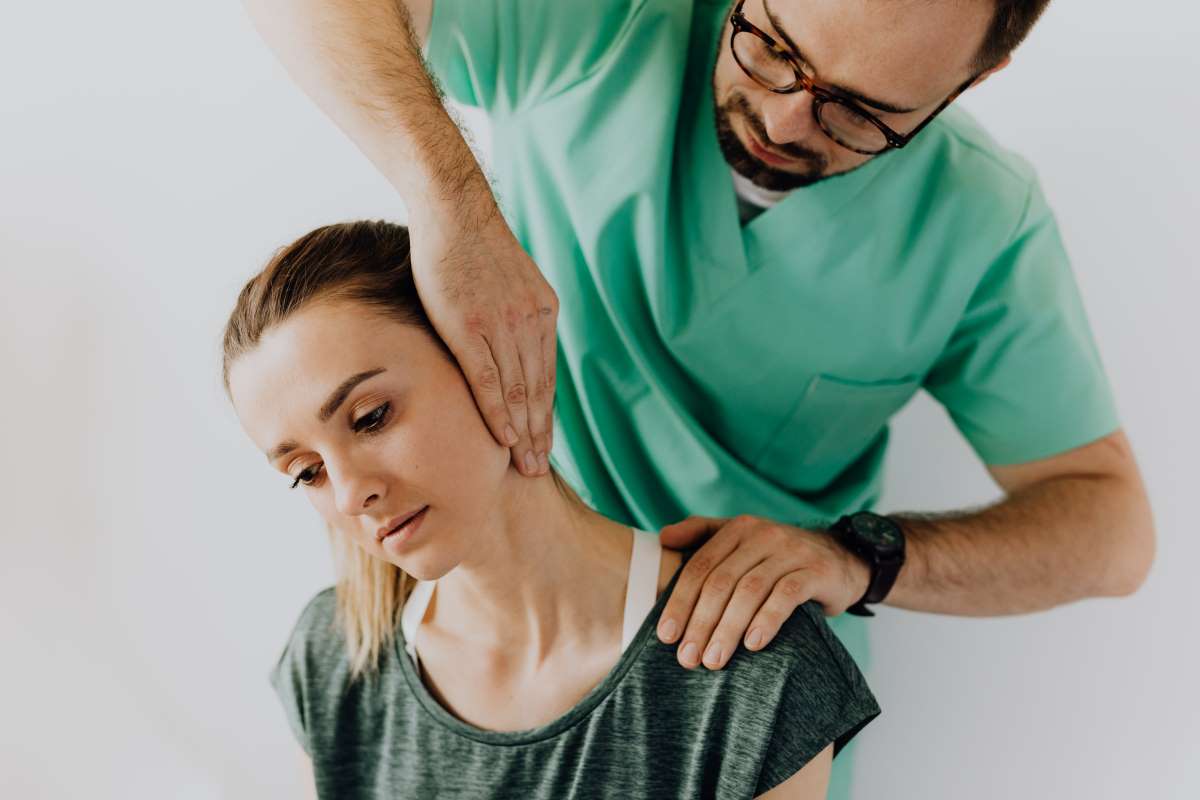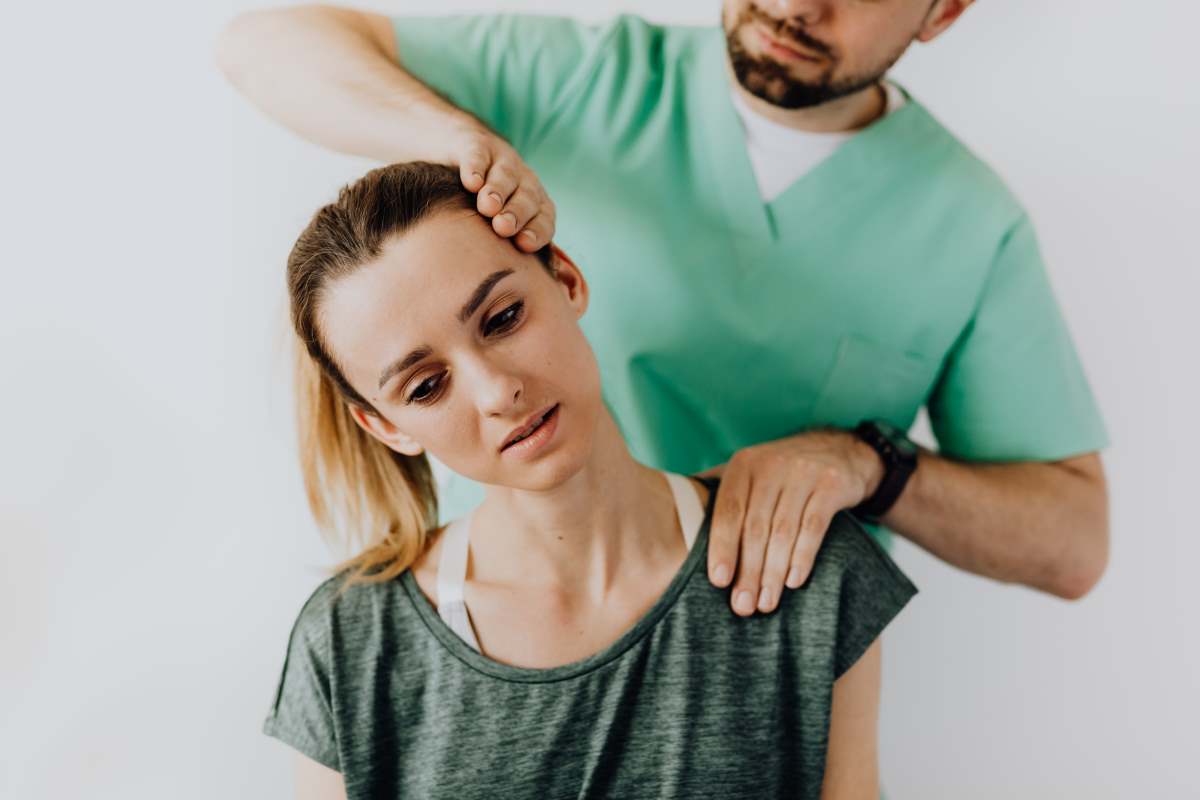In the aftermath of a personal injury, you need to understand that medical expenses are not always limited to immediate hospital bills. Personal injuries often necessitate ongoing healthcare needs that translate into recurring costs.
For instance, you may need to find funds for expert consultations or physical therapy sessions for comprehensive rehabilitation. Further, recurring costs for medication – whether for pain management or aiding recovery – can add up over time.

What Is a Personal Injury and What Financial Help Can You Get with Your Ongoing Medical Costs?
If your injury results in a long-term disability that requires assistive devices like wheelchairs or prosthetics, these also form part of your ongoing medical expenses. Moreover, you might need periodic diagnostic tests like X-rays or MRI scans to monitor healing progress.
Sometimes mental health support is necessary too – in the form of counseling or therapy. However, the good news is that you can often get financial help for ongoing costs after a personal injury.
What Is a Personal Injury?
Personal injuries can encompass any harm that comes to you physically, mentally, or emotionally. Typically, it is linked with accidents or incidents in which another party’s negligence results in physical harm – such as slipping on a wet floor at the grocery store because signage was not provided.
Accidents at work due to inadequate safety measures can lead to considerable personal injuries, too. These further examples from a Ft. Lauderdale personal injury law firm will give you more insight into what constitutes a personal injury.
They include aviation accidents, burn injuries, spinal cord injuries, wrongful deaths, and dog bites, to name just a few. Such accidents and injuries can cause any manner of health issues, from broken legs to internal organ damage.

Compensation Claims
When it comes to the financial help that is available to you for ongoing medical costs after sustaining a personal injury, if your injury was due to another’s negligence, you have the opportunity to seek damages.
Attempting to seek compensation for things like medical costs after an accident is often a complex and overwhelming process, though. This is where the assistance of a personal injury lawyer can be invaluable.
A lawyer will bring expertise to ensure you claim all eligible damages – from medical costs to lost wages, and even non-economic damages such as pain and suffering. The professional knowledge of a personal injury lawyer can significantly improve your chances of receiving reimbursement.
Most personal injury attorneys work on a contingency fee basis – meaning their fees are only payable upon successful resolution of your case. Therefore, hiring an attorney not only maximizes your compensation potential but also helps navigate the intricate landscape of personal injury law without it being a financial strain.

Medical Insurance
If you have insurance in place prior to an accident, you could ensure you have your ongoing medical costs covered. Just make sure you pick the right policy. Medical insurance serves as your safety net, reducing the financial burden associated with long-term treatment, rehabilitation, or medication.
Most insurance policies cover a significant portion of these costs. However, the extent of aid depends on your specific plan. For example, some may address hospitalization and prescription medications but may not include physical therapy sessions.
Government Assistance Programs
Beyond insurance and legal compensation, government assistance programs offer substantial help to people struggling with ongoing medical bills due to personal injuries. Examples of such programs in the U.S. are Medicare and Medicaid – which provide coverage for many health services, such as diabetic care, and prescriptions.

Certain qualifying conditions apply for this type of assistance though. Other initiatives like the Social Security Disability Insurance (SSDI) provide supplemental income if your ability to work is heavily impacted by your injuries.
Non-Profit Organizations and Charities
Lastly, several non-profit organizations and charities aim to assist individuals grappling with high medical costs following a personal injury incident. These entities work by giving grants or loans to eligible candidates battling severe health issues with limited resources.
There are numerous specialized groups too – for instance, organizations specifically helping cancer patients or veterans – that could step in during times of need within their communities.

















Leave a Reply